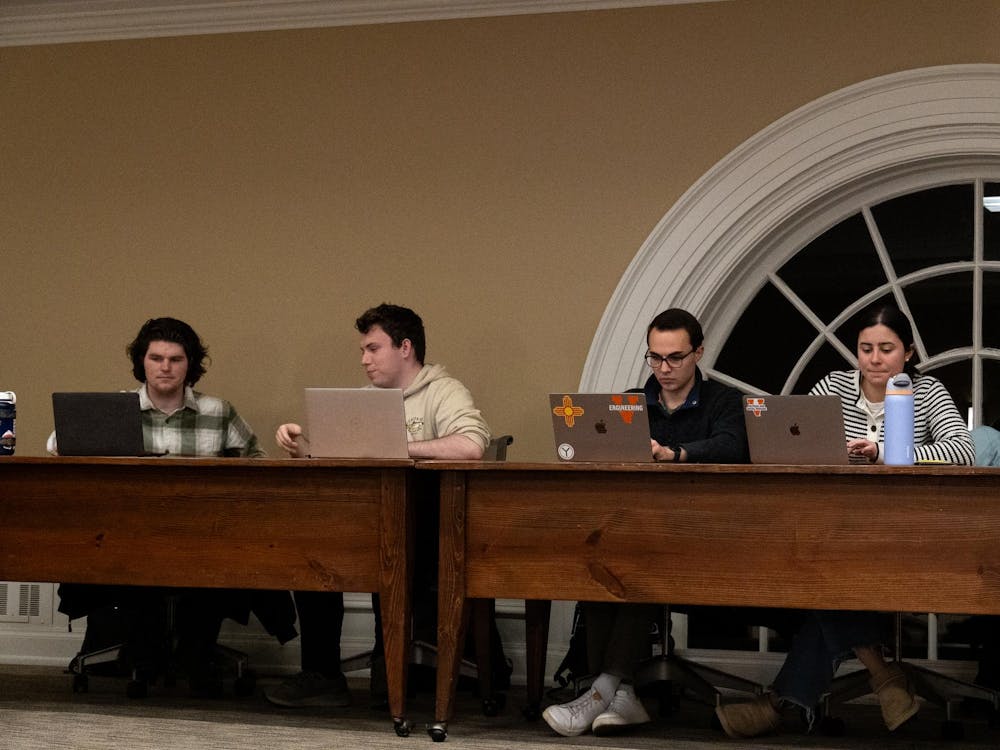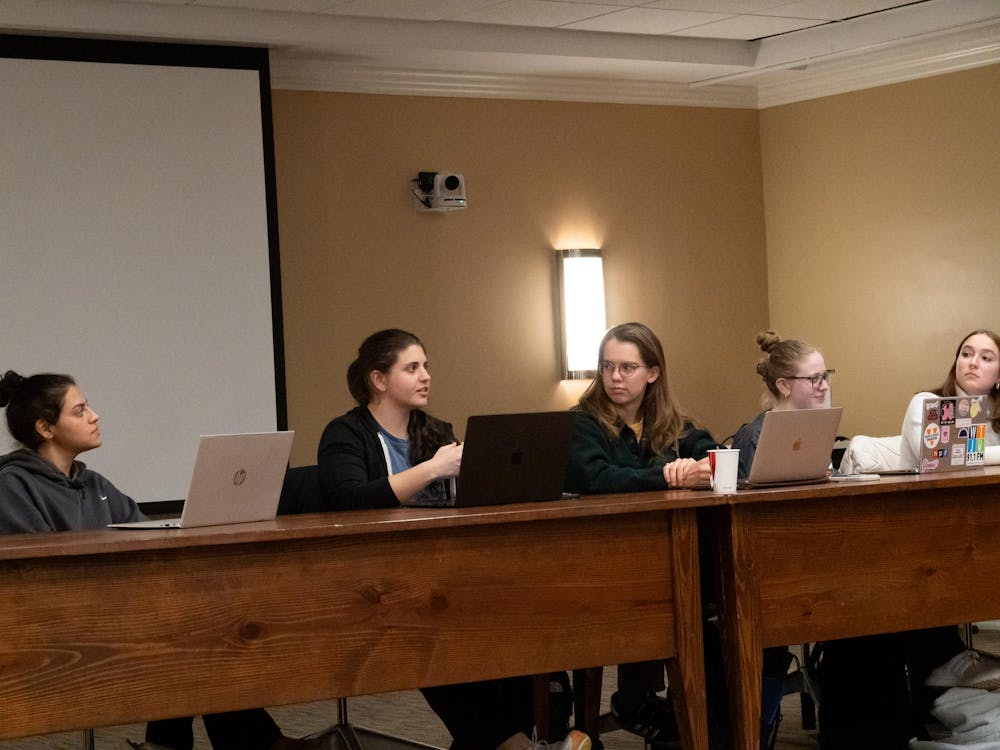The University administration is requiring the University Guide Service to rewrite its constitution, reform its disciplinary system and restructure its new member education program after four students were hospitalized for alcohol poisoning during a new member event in early October.
Both the “family” new member mentoring structure and the initiation procedures will be removed from the guide program’s procedures.
Though U-Guides functions as a “special status” organization and is a self-governing body able to select its own leadership and new members, Dean of Students Allen Groves said aspects of their operations fall under University overview.
“[Under the special status agreement], the Guides carry out a narrowly tailored mission on behalf of the University,” Groves said in an email. “Their new member training program will conform to certain standards in line with their narrow mission.”
Hazing-related incidents involving alcohol came into the spotlight last semester when multiple students were hospitalized for alcohol-related problems at the conclusion of boys’ rush in February.
Following the hospitalization of the four U-Guides in October, Jordan Minot, Batten graduate student and vice president for risk management on the Inter-Fraternity Council, wrote a Cavalier Daily opinion column in which he criticized the University’s response to the incident.
“Hazing should be unacceptable regardless of who perpetrates it, and we should not shy away from holding some institutions accountable for the sake of tradition or discomfort,” he wrote. “It is time for the administration and our community to hold all of its members to the same standard.”
With regard to the University’s most recent efforts to change U-Guides’ new member education program, Minot said he had had no doubt the University was going to take action.
“My concern was that it was not public enough,” he said.
University guidelines for special status organizations dictate that “when conducting non-University authorized activities, the student organization is considered by the University to be non-special status and, therefore, not acting as an agent of the University.”
Groves said the new regulations are within the University’s authority.
“In my view, any educational training program for new Guides – a ‘probationary period’ – would fall within the scope of activities delegated to the Guide Service by the University,” he said.
No members of the University Guide Service were available for comment.




